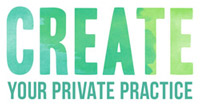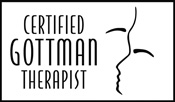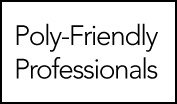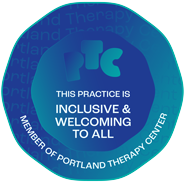
It’s tax time again, and many business owners were crying in their green beer just a few weeks ago. Unlike employees at conventional jobs, entrepreneurs are acutely aware of the amount of money that they contribute in taxes, because they’re responsible for the cost of making all the calculations, as well as forking over the money directly out of their own pockets.
This year the Supreme Court handed down the controversial decision that corporations are people, with all the same rights and privileges. Many independent business owners want nothing to do with corporate structure; in fact it represents everything they’re trying to get away from by being self-employed! But there’s no need to sacrifice the substantial tax advantages of incorporating just because the process is confusing or complicated.
The way incorporation works, and why you want to use it in your favor, is that you set yourself up as an employee of the corporation with a regular salary. Your bookkeeper or accountant calculates how much you should pay in quarterly taxes based on that anticipated salary amount.
You’ll pay taxes on about 33% of that salary, assuming you’re a regular working person in an ordinary tax bracket.
Then in April, or December, or even four times a year if you want, you get a windfall of profit. And guess what? That money, known as distributions, is taxed at only 25%. Which may not sound like much of a difference, but when you see your earnings added up, it’s definitely worth structuring your business in this way.
I’ve been told that it doesn’t begin to make sense to incorporate until you’re earning about $40,000 a year from your business. Once you get to that point though, it’s time to discuss this with a financial professional. They can help you figure out the most appropriate and affordable solution for your kind of business. It will cost you to establish the corporation that first year, but then you keep reaping the tax savings.
So if you want to pay 25% in taxes on part of your business income, vs. 33% on all of it, there you go. This is standard accounting practice, and one of those rare, simple ways you can save money without any worries about getting into trouble with the IRS.
So once you arrange this, what are you going to do with your cash? This could be your easiest big payoff in 2011. And the economy is making a few recovering gasps, but for now your own business is probably your best investment. So have fun with it, get the help you need, and take all the chances you can to make some money along the way!







